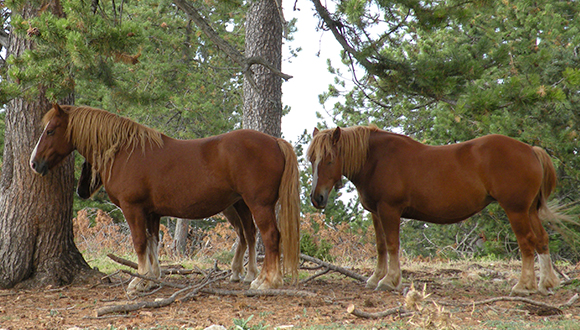What are ecosystem services?
Ecosystem services are the benefits that an ecosystem provides to society by improving people’s health, the economy, and quality of life in general. An ecosystem service is derived from the particular characteristics of an ecosystem.

For example, one key ecosystem function is the accumulation of plant biomass with photosynthesis. From the human perspective, the ecosystem service derived from this is the capture of atmospheric CO2 that is taken out of the air and incorporated into plants, effectively reducing the atmospheric concentration of this greenhouse gas.
Ecosystem services are divided into four groupings depending on the type of benefit:
- Provisioning services are those that offer some form of goods or raw materials, such as wood, water, or foodstuffs..
- Regulating services are those derived from key ecosystem functions, including those which help reduce local or global impacts, such as the regulation of climate and the water cycle, erosion control, pollination, etc.
- Cultural services are those that are associated with leisure time or other cultural aspects in a general sense.
- Supporting services, such as biodiversity and natural ecosystem processes, guarantee many of the others.
In this sense, ecosystem services combine features of preservation of the natural environment while at the same time enabling sustainable development and use of the environment.
Ecosystem services are an important part of CREAF’s work along the research lines of functional ecology and global change.






